 Calverton Plumbers
Calverton Plumbers
 Calverton Plumbers
Calverton Plumbers
Rainwater Harvesting Systems is an environmentally sustainable plumbing service that includes the design and installation of systems to capture, retain, and repurpose rainwater for non-potable purposes. These systems typically consist of filtration components, tanks, and collection areas, supporting sustainable water use in irrigation, flushing, and cleaning. Properly configured systems reduce water bills and contribute to resource conservation
We provide top-quality Plumbing services throughout Fauquier County. Whether you need help with Rainwater Harvesting Systems or other issues, our Professionals is ready.
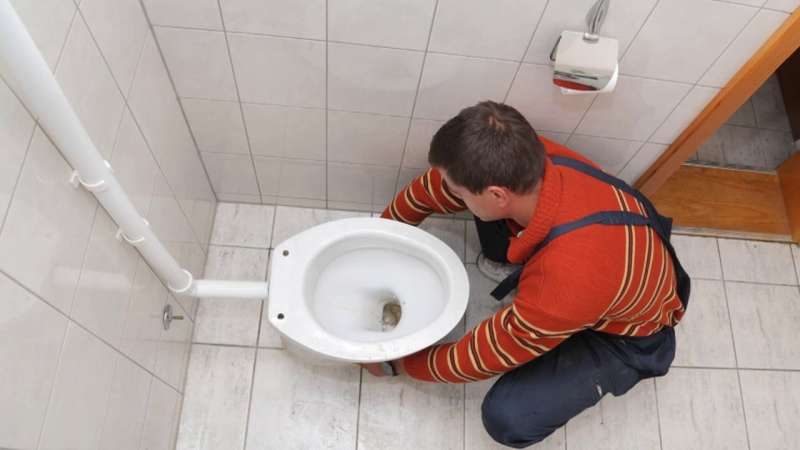
Installing dishwashing machines, hot water heater (tank and tankless), waste disposal unit, and washing makers.
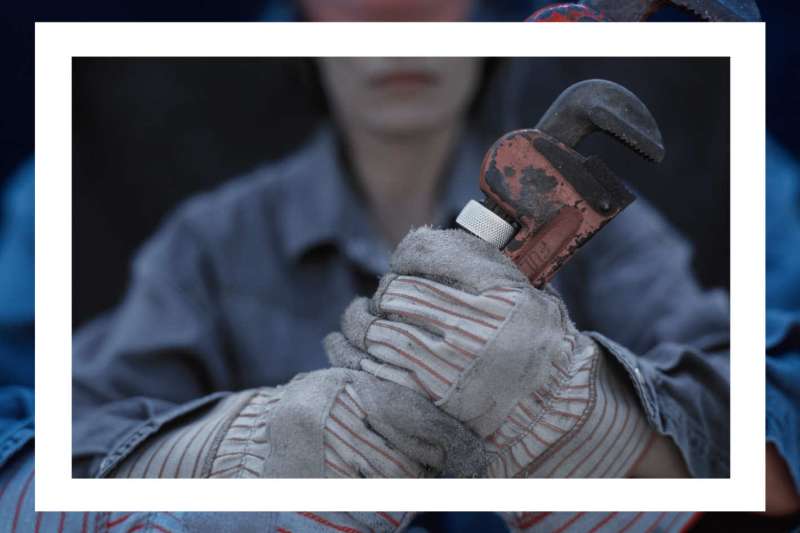
Ensuring backflow prevention devices are working properly.
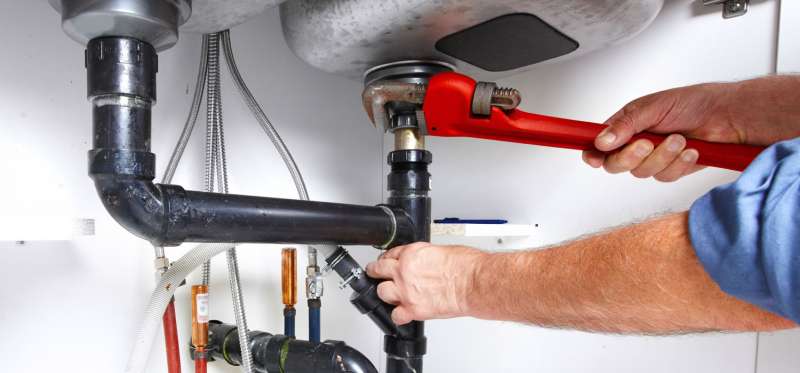
Transferring or updating plumbing systems.
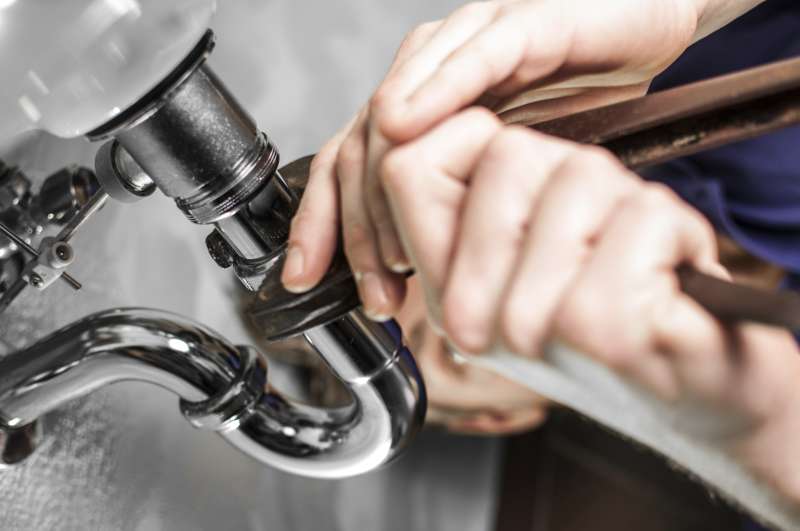
Guaranteeing plumbing systems satisfy local guidelines.
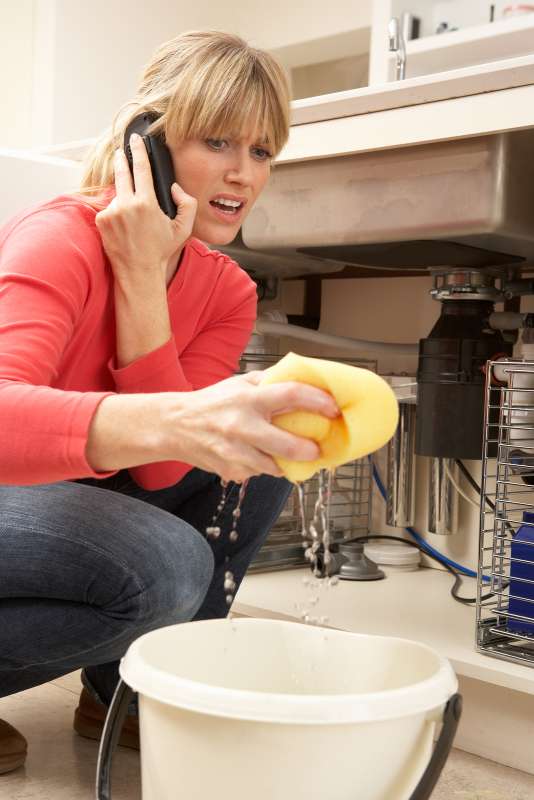
Immediate action to prevent flooding and water damage.

Cleaning obstructions in sinks, toilets, showers, and drain lines.
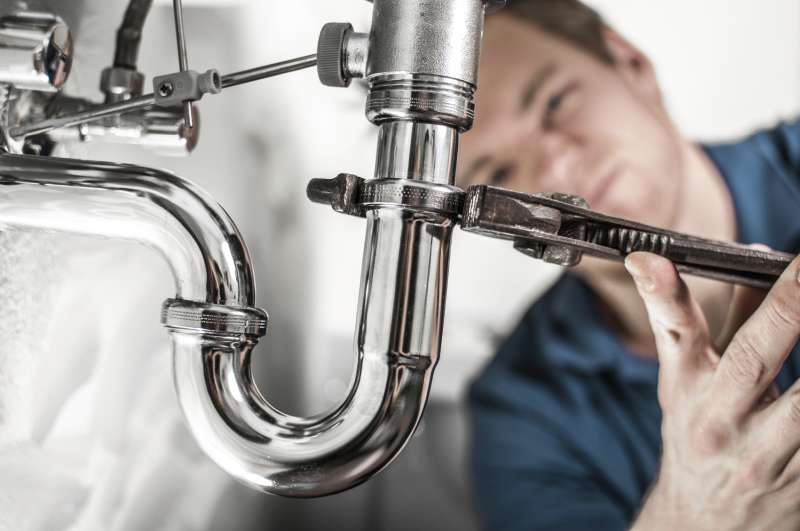
Regular cleaning to prevent blockages and preserve flow.
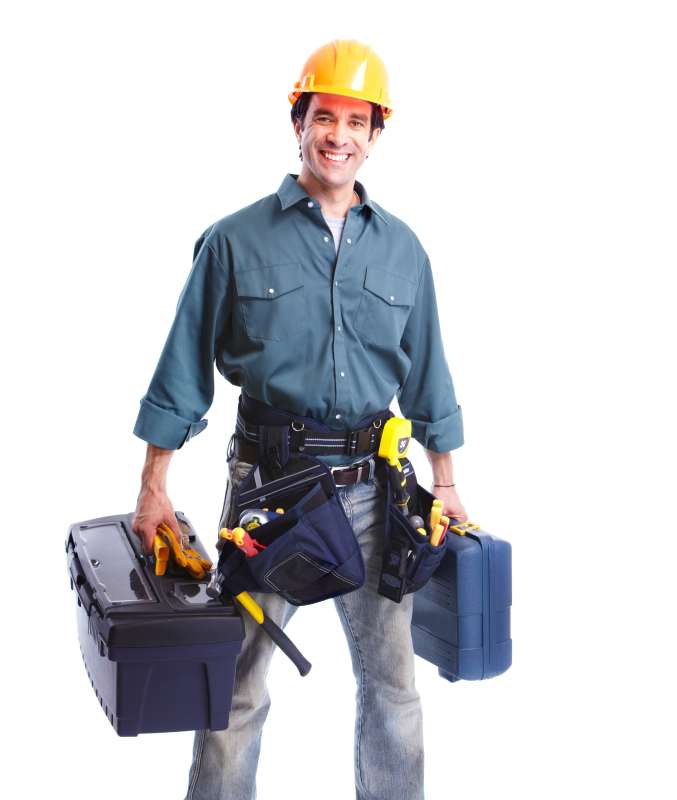
Fixing malfunctioning faucets, toilets, and other components.
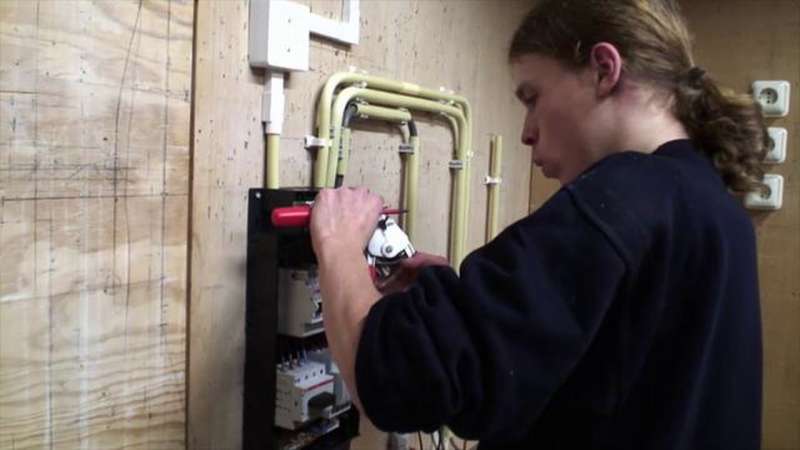
Installation of sinks, faucets, toilets, bathtubs, and showers.
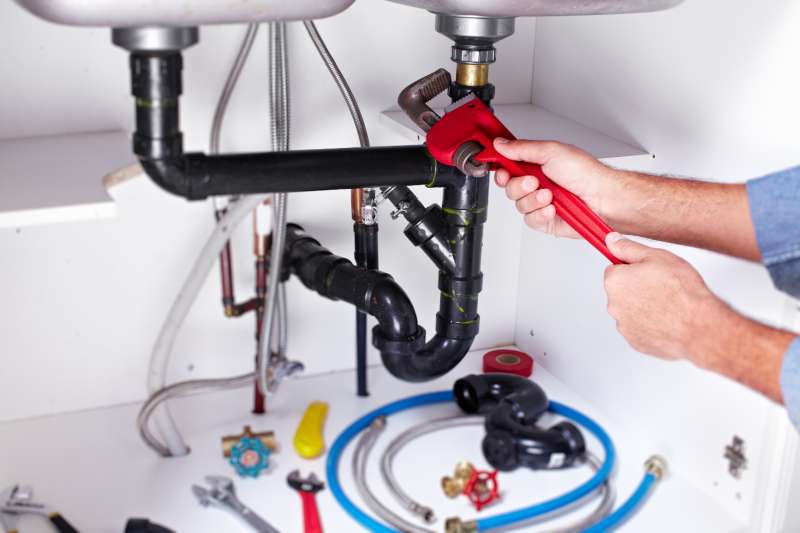
Emergency detection and repair to prevent risks.
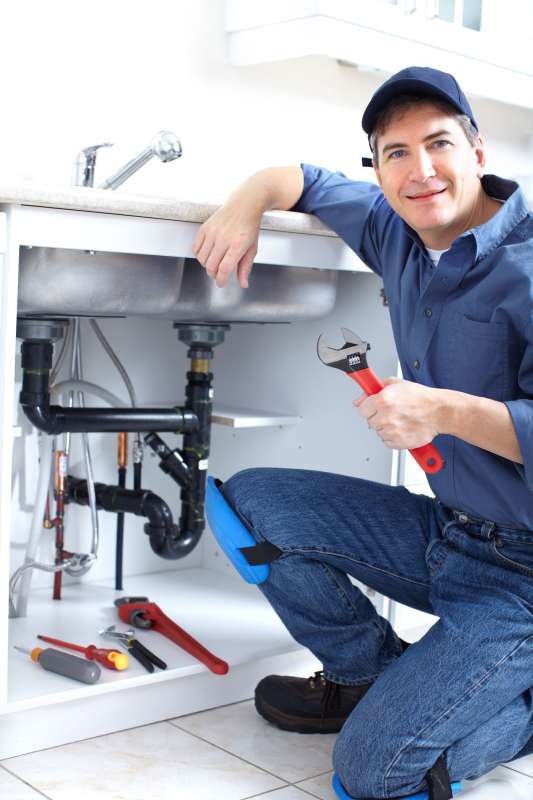
Repairing gas leaks and ensuring proper gas line working.
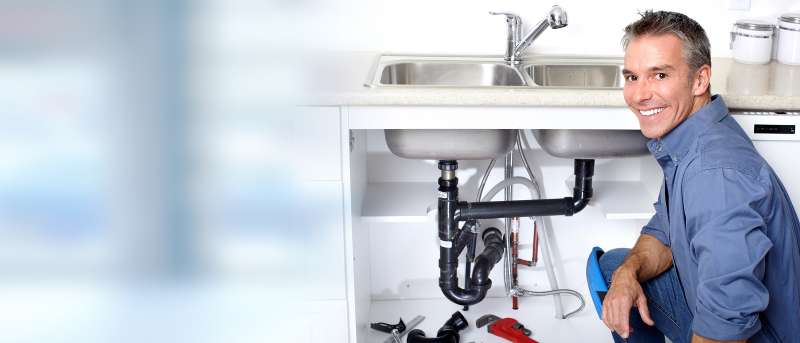
Establishing systems for recycling family wastewater.
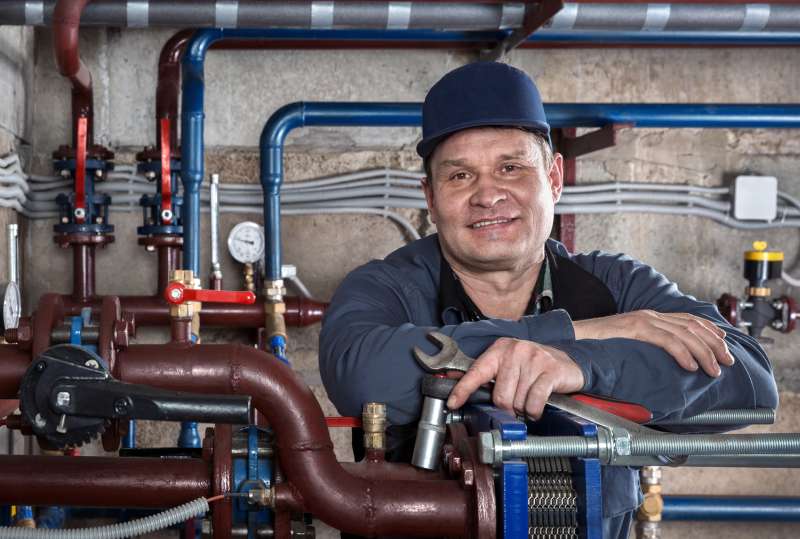
Setting up and keeping glowing floor heating systems.
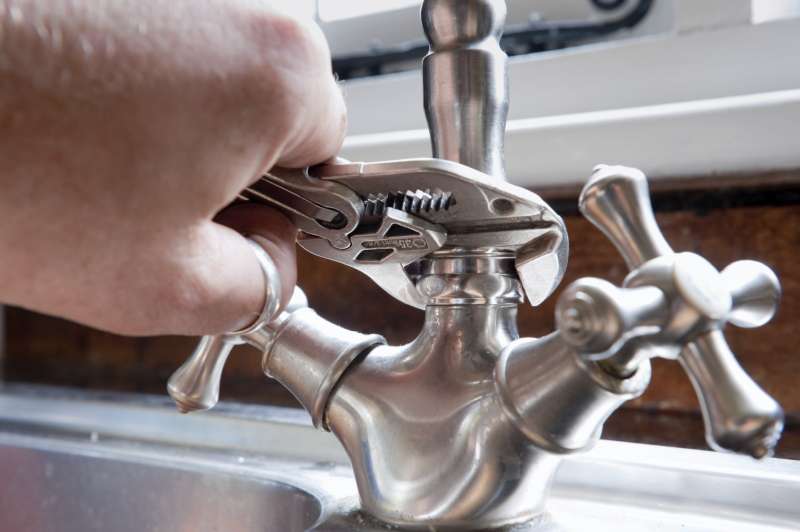
Specialized piping for factories or commercial settings.
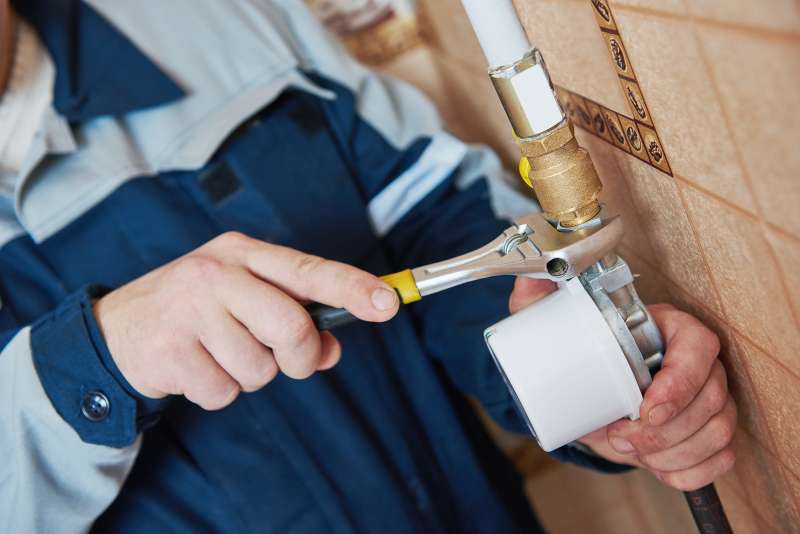
Installing and maintaining outdoor irrigation.
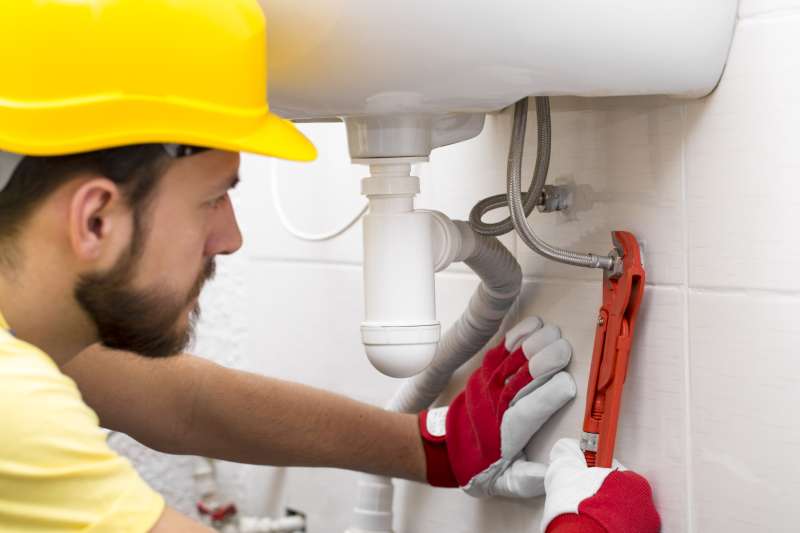
Plumbing systems for brand-new buildings or renovations.
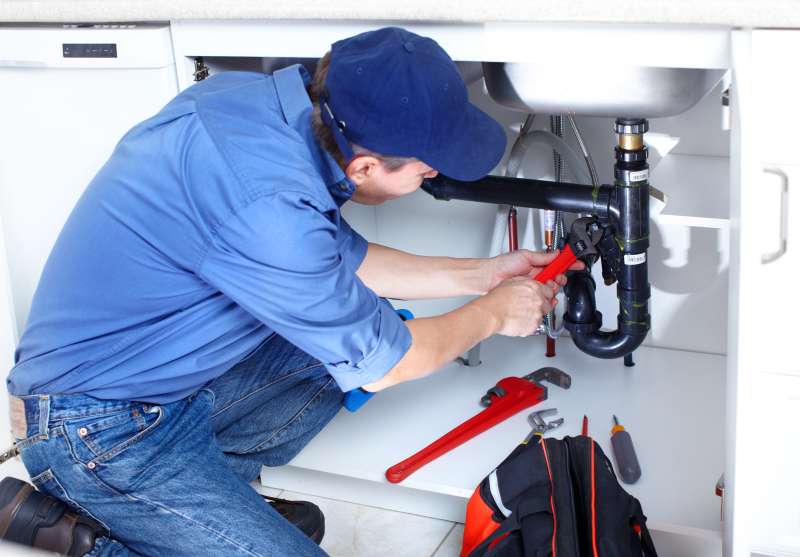
Repairing leakages in pipes, faucets, toilets, and appliances.
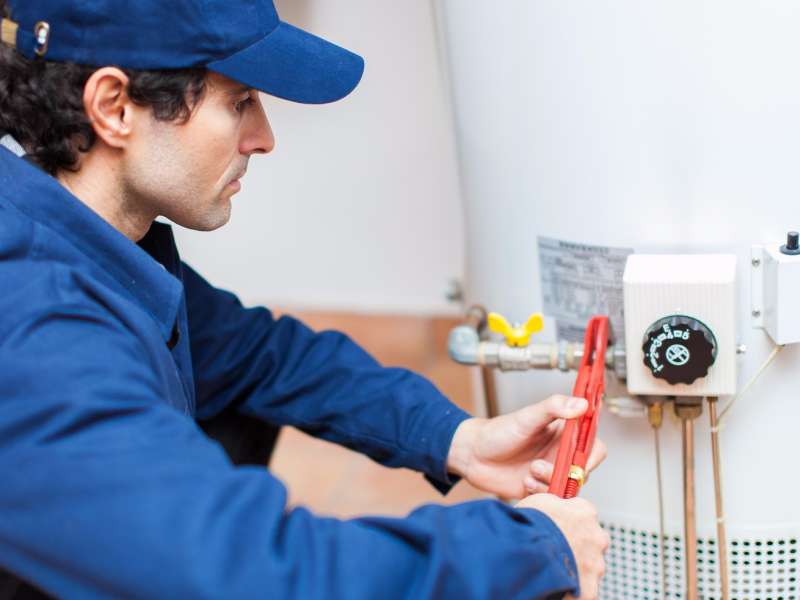
Quick resolution of serious blockages and overflows.
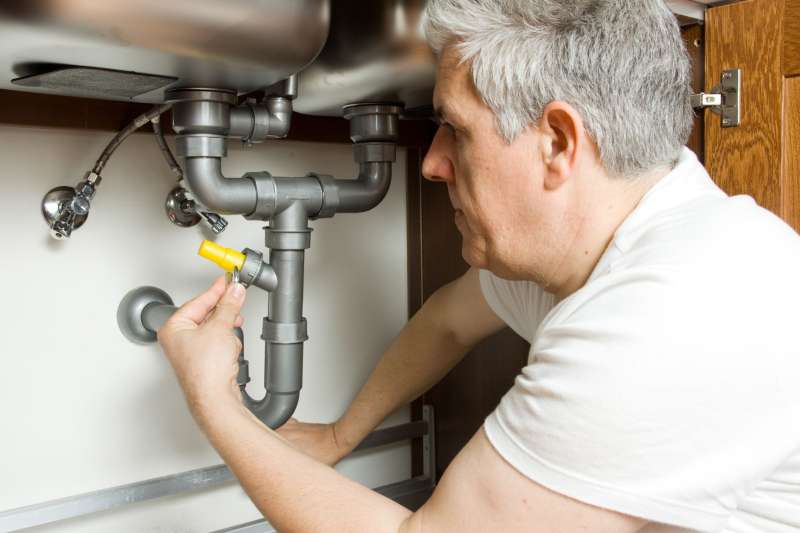
Using electronic cameras to examine pipes for damage or obstructions.
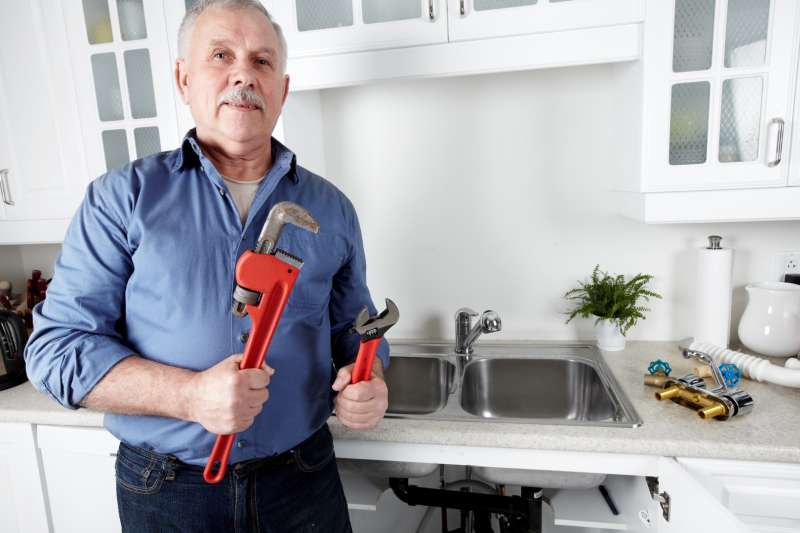
Fixing or changing burst, worn away, or harmed pipelines.
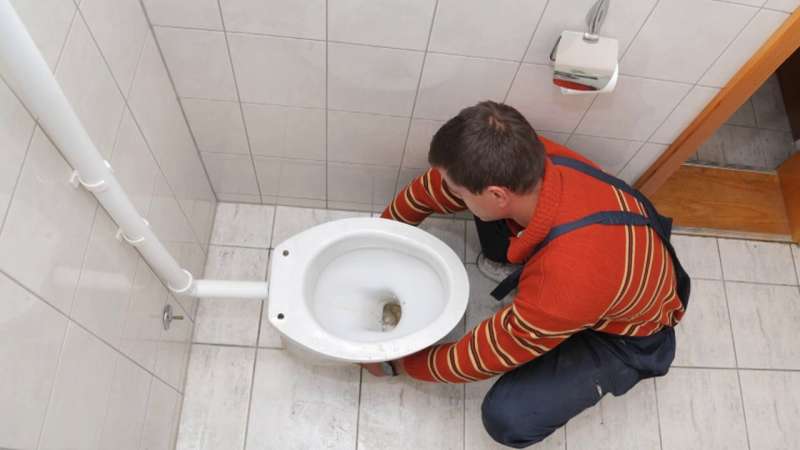
Installing brand-new piping systems for water, gas, and drain.
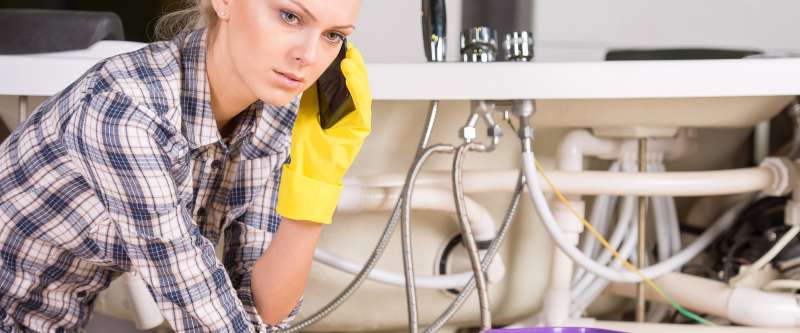
Evaluating plumbing systems before purchasing residential or commercial property.
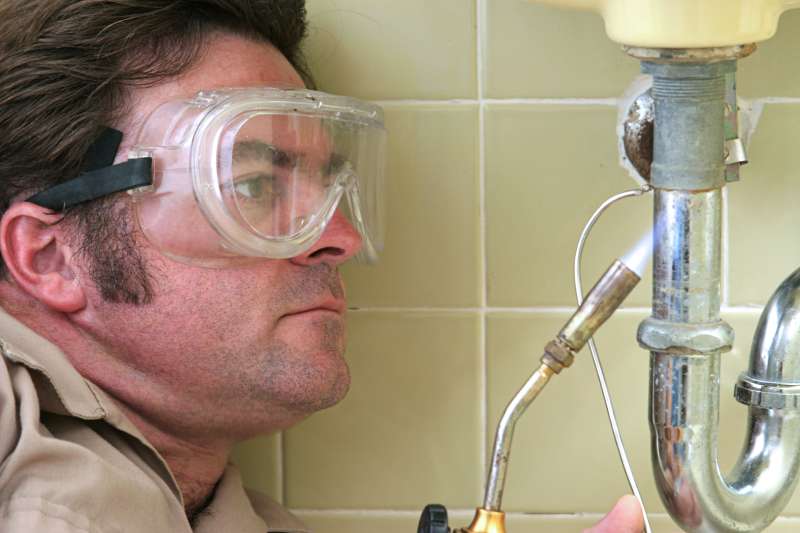
Installing systems to collect and make use of rainwater.
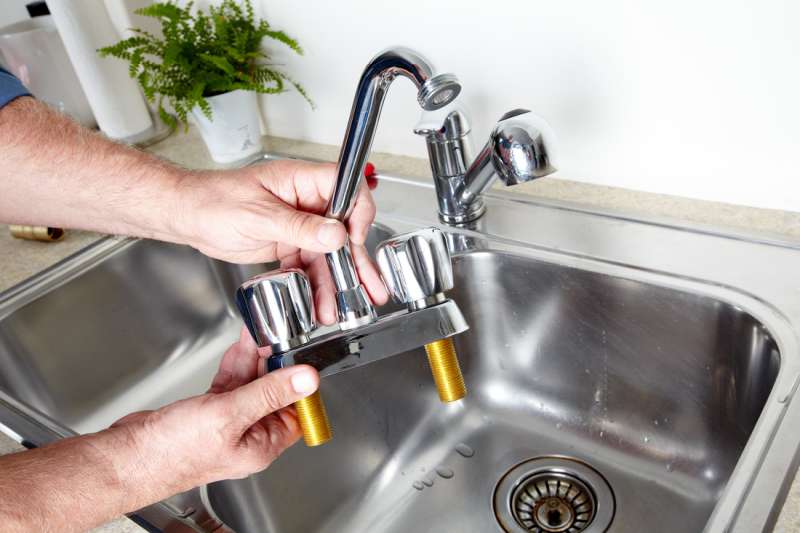
Ongoing maintenance services for businesses.
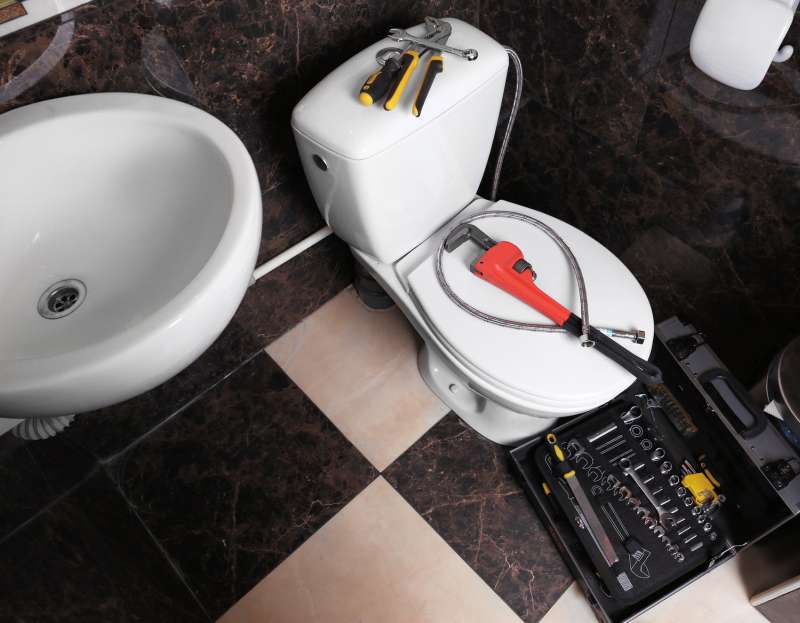
Setting up, repairing, and keeping septic tanks.
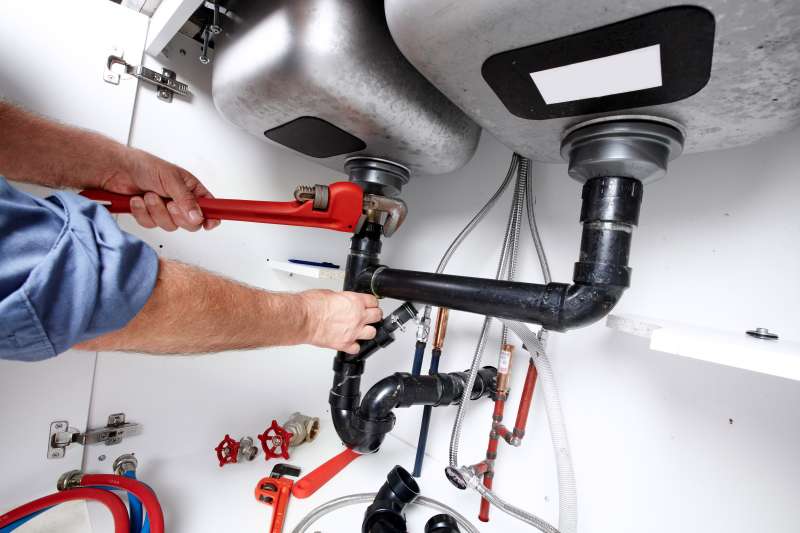
Handling groundwater in basements.
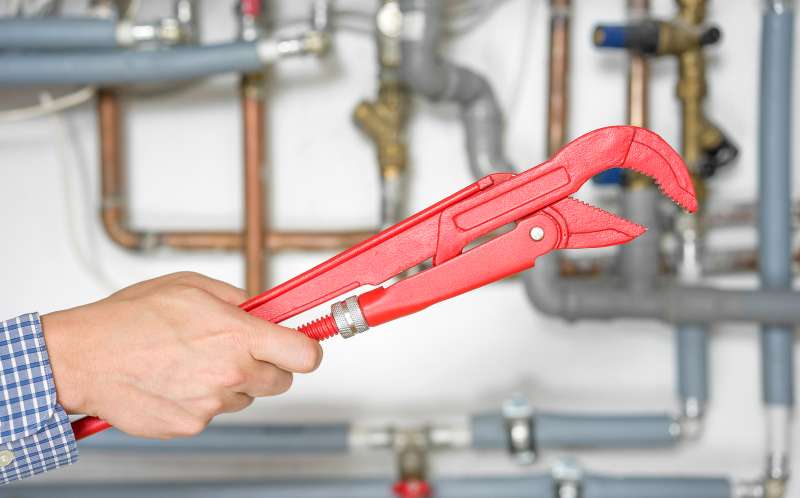
Setting up water-efficient or modern fixtures.
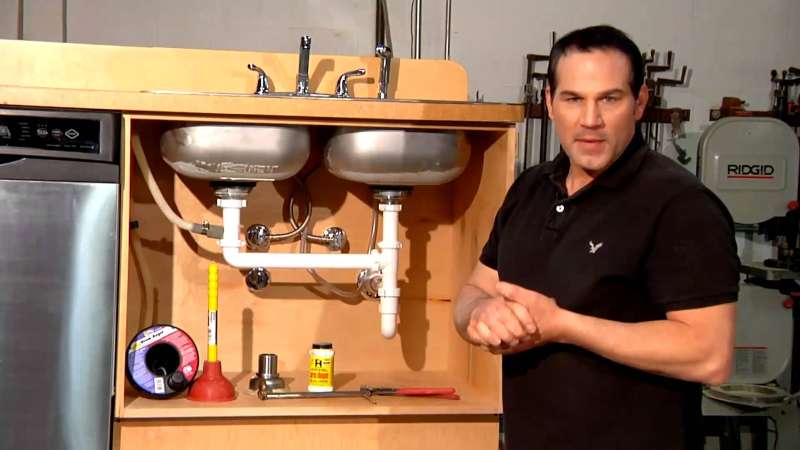
Encouraging on water-saving methods and products.
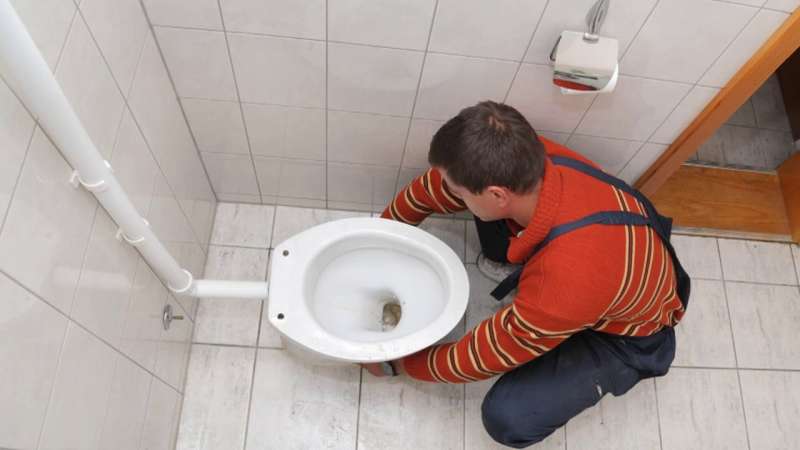
Installing water conditioners and filtering systems.
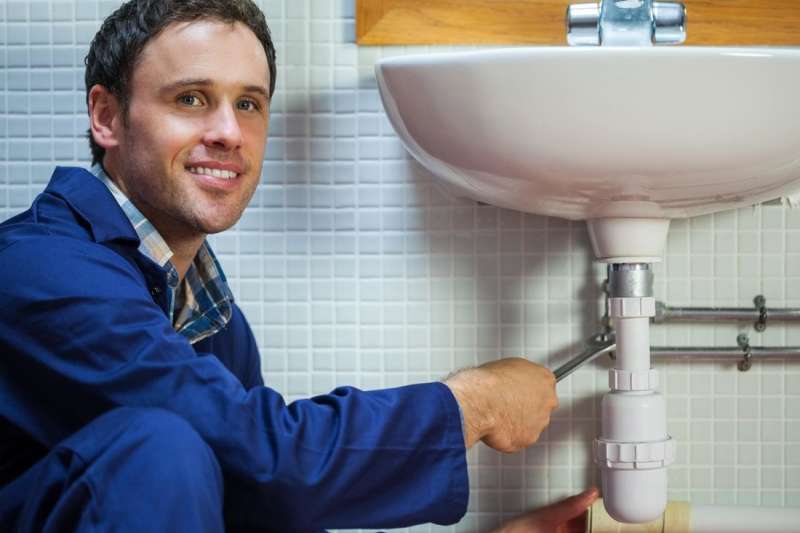
Flushing and inspecting hot water heater to prolong life-span.
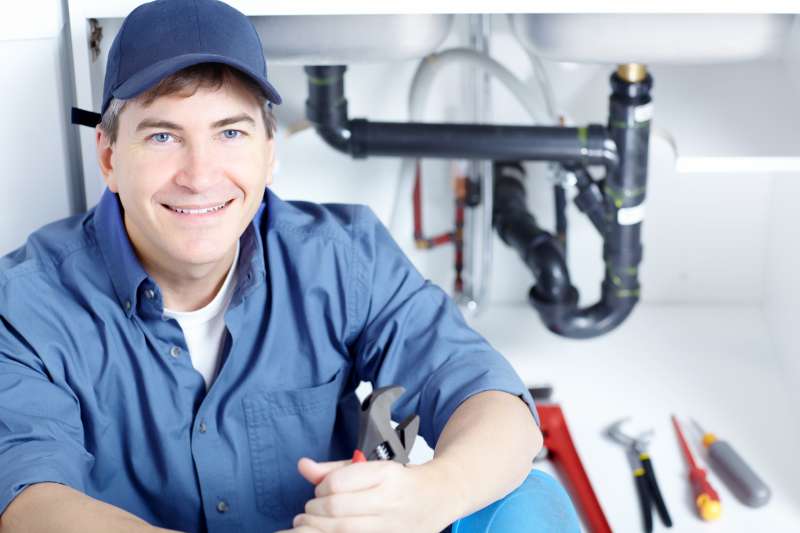
Attending to concerns with temperature, leakages, or failure to heat water.
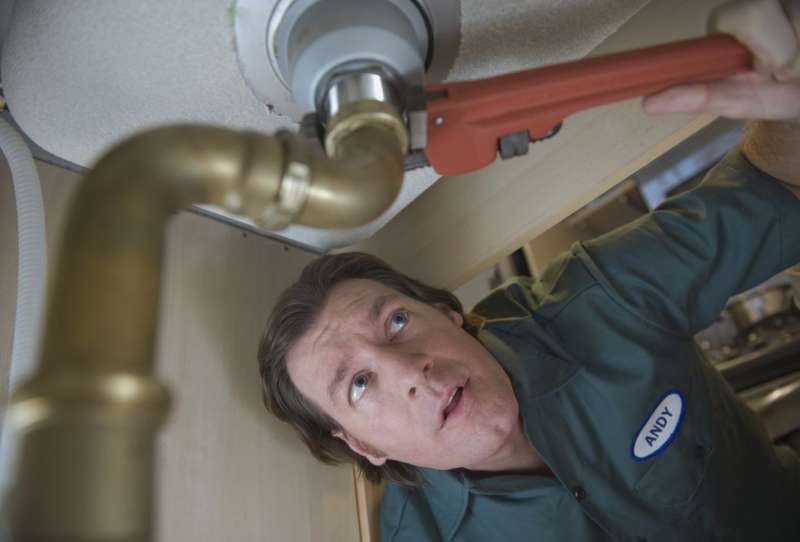
Safeguarding basements or other locations from water invasion.
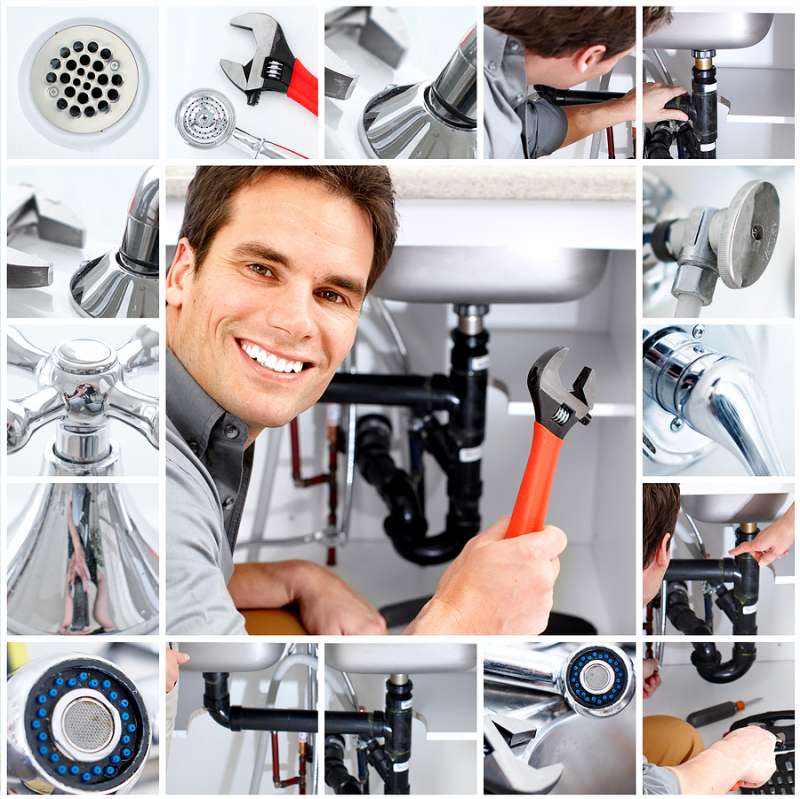
Immediate attention to prevent contamination and health risks.